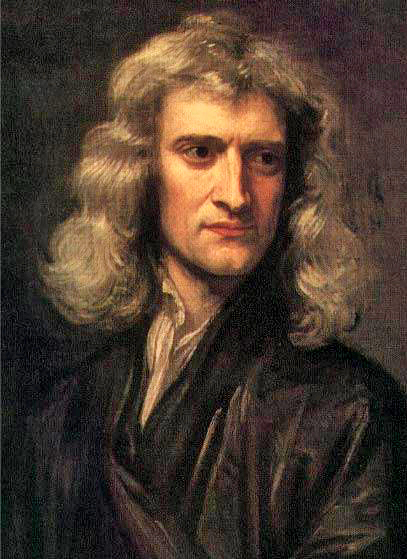“Si he logrado ver más lejos, ha sido porque he subido a hombros de gigantes.”
Citado en una carta que Newton envió a Robert Hooke el 5 de febrero de 1675. Estas palabras son a su vez una cita de Bernardo de Chartres (s.XII).
Fuente: Citado en el prólogo del editor de Darwin, Charles. El origen del hombre. Traducción y edición por Joandomènec Ros. Editorial Grupo Planeta (GBS), 2009. ISBN 9788498920376.
Fuente: Citado en Garde López-Brea, José Julián. Nuevos y antiguos retos de la espermatología veterinaria: Discurso pronunciado por José Julián Garde López-Brea en el acto de su toma de posesión como académico en la Real Academia de Doctores de España. Editorial Universidad de Castilla La Mancha. p. 9.
